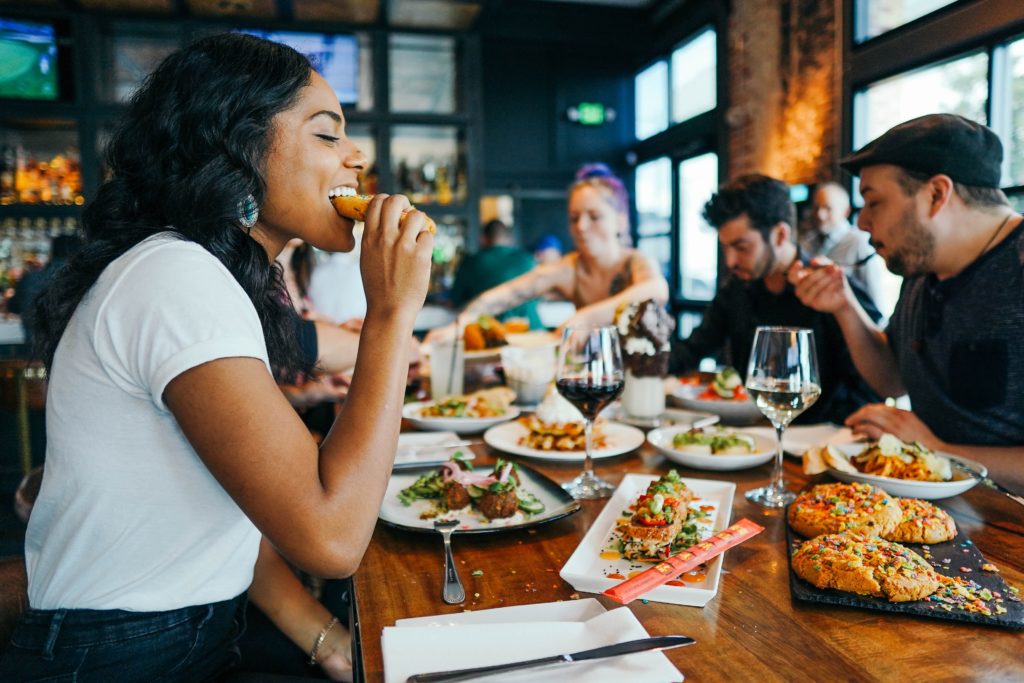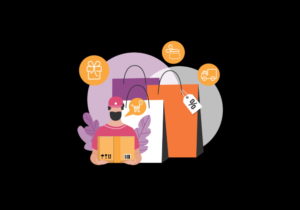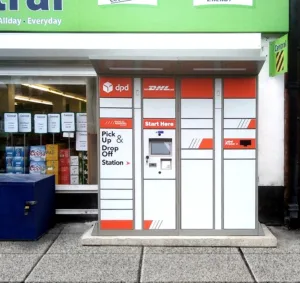By Konrad Kelling, Managing Director for Business Payment Acceptance at Barclaycard Payments
Much has changed for payments systems within hospitality venues during the pandemic – such as the functionality for customers to order and pay at the table – but the sector has also shifted substantially with regards to ecommerce transactions. Like businesses in other industries, hospitality firms have been unable to open their physical premises for large periods of time across the last 16 months, and that has seen many innovate with new product lines and sales channels.
Home deliveries and click-and-collect options have boomed for hospitality in the past year – so much so that, according to Barclaycard spending data, online sales of takeaways and fast food accounted for 59.7 per cent of consumer spending related to eating and drinking in May 2021, significantly higher than the pre-pandemic total of 45.2 per cent in February 2020.
And although pubs and restaurants are now open again, many consumers have adopted new behaviours for the long-term: for example, of those who have been purchasing dine-at-home meal kits during the last year, 24 per cent told us they’ll continue to do so even once all restrictions are lifted.
This increased shift to online sales brings new considerations for hospitality and leisure businesses. Firms are finding they need to cater to the preferences of different consumers, such as accepting a wide variety of payment methods through their websites, while also offering suitable reassurance on security and fraud protection. One of the simplest ways to achieve these factors is through a payment gateway solution – such as Barclaycard Payments’ own Smartpay Checkout platform, which is our platform for SMEs.
Hospitality and leisure operators that take payments online will also need to be prepared for the mandatory implementation of Strong Customer Authentication (SCA) by March 2022 in the UK. In practice, it means that customers will no longer be able to checkout online using just their credit or debit card details. They will also need to provide an additional form of identification such as a PIN code, a fingerprint or a passcode sent to their mobile phone unless retailers can access exemptions.
Getting ready for SCA can be a complex operation and has the potential to add friction to the customer checkout process – something that can impact sales conversion rates. Businesses therefore need to understand not only how to deploy SCA, but also how to take advantage of approved ‘exemptions’, by working closely with their acquirer and gateway partners. This will require real-time fraud screening, dynamic transaction routing and soft decline management.
There is a lot to get to grips with, but there are also products to help do just that, such as Barclaycard Transact, a suite of tools designed to improve payment acceptance rates and reduce friction for shoppers.









